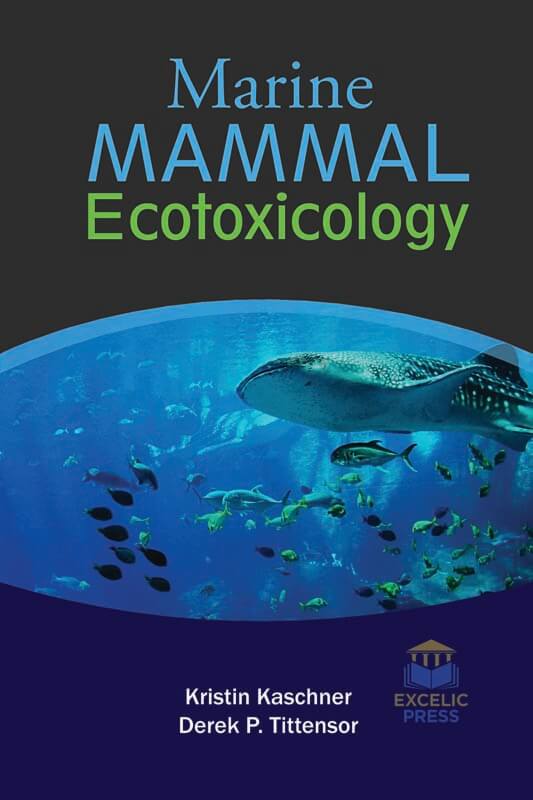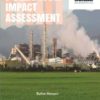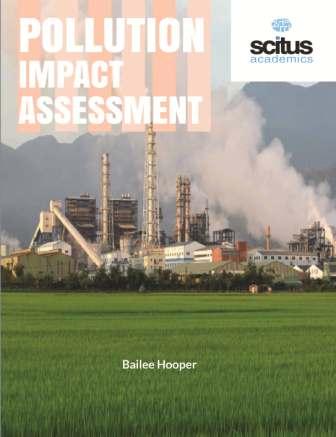A stark change has been developing in the marine ecosystems around the world over the past few decades. Studies have identified that these might be linked to human activities like urbanization, pollution and climate change. The impacts of such a change have resulted in consideration for these ecosystems amongst the managers, policymakers and the people as a whole.
An integral but small part of marine mammal science is the toxicology of these marine animals. It has gained a lot of interest in recent times due to efforts to raise awareness and the observed levels of pollutants present in the mammal species’ body. Conservation efforts to combat this situation require a detailed study of marine mammals which has motivated a renewed interest in this field, resulting in the pursuit of extensive research on the topic. Thus, marine mammals are a key feature in conservation planning and protected area design of marine ecosystems. There is still incompleteness in the knowledge of the harms that plastic waste has on the marine environment, food chain, human health, but the existing data points out strongly that scientists, industry, policy and civil societies need to divert their attention to this issue and curb any release of plastic and other toxic substances into marine ecosystems.
Therefore, this book focuses on the need for urgent preventive measures for marine litter plastics and microplastics and their toxic chemical components. Concerns over the fate of pharmaceuticals and personal care products (PPCP) and their disastrous impacts on the environment have also been on the rise.
This book presents the state of the art information on numerous threats to health from both anthropogenic and natural stressors. These include chemical compounds, oil-pollution-derived substances, marine debris, sewage-related pathogens, excessive amounts of nutrients causing marine environmental changes, and radionuclides. This book is based on recent reviews, ideas, and contributions of the world’s leading ecologists, with special reference to comprehensive information on marine ecotoxicology, regarding their source, effects, and control. Pollution is merely one of many other factors that have an impact on the health status of marine mammals. Changes such as a redistribution of planktonic organisms may bring about changes in the distribution and abundance in the food chain of marine mammals. Habitats may be disturbed by human activities such as construction works.
For biologists, marine mammal toxicology might be a highly theoretical and complex topic that sometimes seemingly abandons all connections with conservation and management. This book will serve to students, Eco-toxicologists, risk inspectors, and policymakers involved or interested in marine waters.













Reviews
There are no reviews yet.